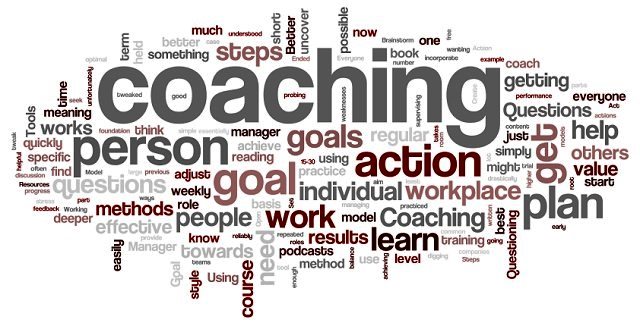In any organization, it is the manager’s responsibility to be a leader and coach their direct employees towards their fullest potential. But how do you know when an employee is coachable and at what point are they not?
How do you coach your employees?
First of all, an employee needs to be committed. They need to be able to accept feedback, try something new, and admit when they make a mistake. It is necessary to have a positive attitude and put effort into constantly improving. This commitment to excel is a key component to being coachable.
Second, the employee also has to have the capacity to look beyond their current level, but know what is a reasonable expectation. For example, even a 50-year-old who is in great shape and practices all the time, will not be able to get into the NFL. Knowing their limits, and having the capacity and ability to achieve their goals is crucial in coachability.
Last, a good acronym to use when looking at coachability is A. G.R.O.W.T.H. This stands for Actionability, Gap, Responsibility, Ownership, Willingness, Trust and Honesty.
What if the employee doesn’t appear to be coachable?
If an employee doesn’t seem to be coachable, the first thing to check is their commitment. Are they showing up to meetings on time? Are they taking the lead and following up with you, the manager? Are they listening to your feedback and attempting to improve upon it or are they acting defensively?
If the answers to these questions are no, then it’s the manager’s job to address them. Communication skills are critical in this situation. Addressing your observations, concerns, and communicating how to improve is the only way help the employee get on the right path. Sometimes it may be as simple as a miscommunication cue, such as the employee may think you’re too busy to talk, so they don’t come to you for help. But without having this conversation, there is no way to progress.
Another way an employee can appear to be uncoachable is through their ability. They may be putting as much effort in as they can into the job, but their work still could be at a plateau. It is your job as a manager to recognize this and use their talents elsewhere. After having a conversation, you may want to move them to a different project where their skill set can be maximized in helping the team.
Finally, if the employee was once excelling but now appears to be struggling in their responsibilities, have a conversation with them. There could be something going on in their personal life that is distracting them from work. The important thing is to be able to check in with them to see what is hindering them from their duties, and have the resources available for help if they need it. Always have an open door where your employees can trust you and come talk to you whenever they need help so you can help them be the best they can be.
Fun Team Building Can Help You Coach Your Employees
Fun Team Building with Larry Lipman wants to help you and your company be the best that it can be! Give Larry a call today at 770-333-3303 to see how he can help you!







